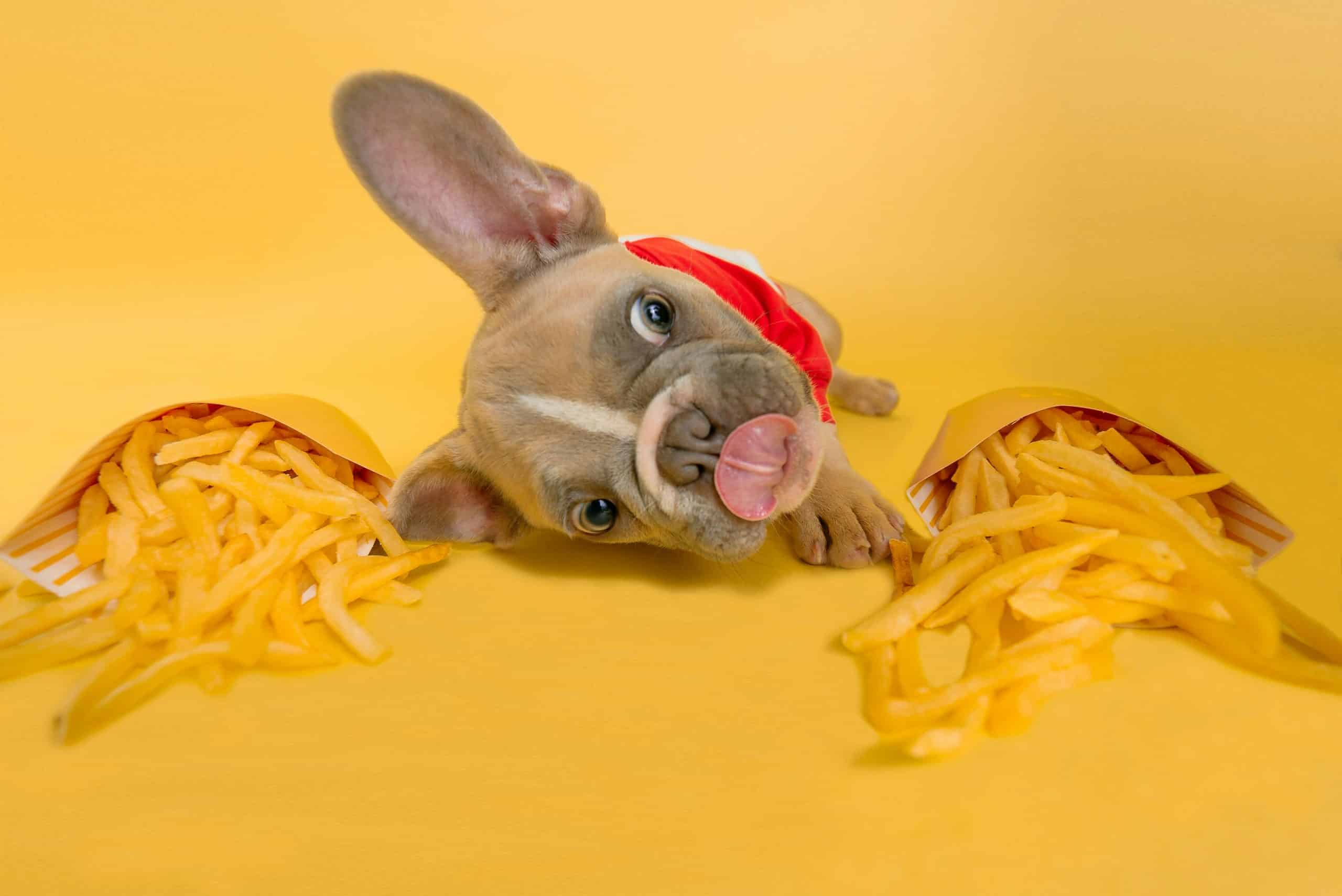How to deal with a pet that steals food?

Food theft is a common behaviour in pets, especially dogs. It’s not just about the food disappearing from your plate or the kitchen counter. It’s about the potential health risks your pet may face by sneaking food that’s not meant for them. In this guide, we will walk you through some effective strategies to tackle this issue.
Identifying the Issue: Why is Your Pet Stealing Food?
Before we delve into the possible solutions, it’s essential to first understand why your pet may be stealing food. Understanding the root cause of this behavior will help you find a more effective resolution.
Cela peut vous intéresser : Can pets suffer from seasonal affective disorder (sad)?
Pet food theft can be traced back to a few key factors. First, your pet may be hungry and not getting enough food during their regular feeding times. This is an issue of a basic need not being met. It’s also possible that your pet is attracted to the smell or taste of the human food they are stealing. Dogs, in particular, have keen senses of smell, and the aroma of your meal might be too tempting for them to resist.
Another factor can be competition. If you have more than one pet, they might steal food to assert dominance or because they feel they need to compete for resources. Finally, food theft can also be a sign of attention-seeking behavior. If your pet notices that stealing food gets your attention, they may continue to do it.
A voir aussi : Can birds learn to speak multiple languages?
Training Your Pet to Stop Stealing Food
Once you’ve identified why your pet is stealing food, you can start implementing strategies to modify their behavior.
Training is a crucial tool in curbing your pet’s food-stealing tendencies. Start with basic obedience training. Teach your dog commands such as "leave it" or "stay". These commands can help control your pet when you catch them trying to steal food. Consistency in training is key. It’s important to use the same commands and actions each time to help your pet understand what is expected of them.
Another effective technique is to train your pet to associate good behavior with rewards. For instance, reward your pet with a treat or a toy when they obey a command or exhibit good behavior. This can reinforce the idea that it’s more beneficial for them to obey your commands than to steal food.
Using Tools and Devices to Prevent Food Theft
Besides training, there are also several tools and devices that can help manage your pet’s food-stealing behavior.
A pet collar can be an effective tool. Anti-bark collars can emit a sound, vibration, or slight static shock when your pet barks. Similarly, there are anti-theft collars that can deter your pet from approaching forbidden areas such as the kitchen counter.
Pet-proof containers and covers for your food can also be very helpful. These products are designed to keep your pet from having access to human food. They can be particularly useful if your pet is stealing food when you are not around to supervise them.
Monitoring Your Pet’s Diet Can Help
Monitoring your pet’s diet and feeding habits can also be effective in dealing with food theft.
Ensure your pet is getting enough food during their regular feeding times. Your pet’s breed, age, size, and activity level will determine how much food they need. A balanced diet can help keep your pet healthy and reduce their urge to steal food.
Remember to be mindful of the type of food your pet is eating. Some human foods can be harmful to pets. So it’s vital that, even if they do manage to steal some food, it won’t cause them harm.
Addressing Medical and Psychological Factors
Finally, it’s important to consider the medical and psychological aspects of your pet’s food-stealing behavior.
If you’ve tried various strategies and your pet is still stealing food, it may be a sign of a medical issue, like diabetes or hyperthyroidism. In such cases, it’s best to consult a veterinarian.
Psychological factors, such as stress, anxiety, or boredom, can also lead to food theft. Providing your pet with plenty of physical and mental stimulation can help alleviate these issues.
In summary, dealing with a pet that steals food can be challenging, but with patience, consistency, and the right strategies, it’s definitely manageable. By understanding the root cause, implementing effective training techniques, using helpful tools, monitoring diet, and addressing potential medical and psychological issues, you can help curb your pet’s food-stealing habit.
Ensuring a Structured Meal Routine
Understanding and shaping your pet’s meal routine can be a significant step in managing their behavior.
If your pet, be it a dog stealing food or a cat stealing food, is doing so out of hunger, it’s crucial to ensure they are receiving the right amount of food at the right times. Evaluate their daily diet and if necessary, consult with a veterinarian to determine the best feeding schedule and meal portions suitable for your pet’s size, age, breed, and activity level.
Regular feeding times can help condition your pet to expect food at certain times, reducing their urge to steal food. Consider using an automatic pet feeder that dispenses food at scheduled times if you are frequently away from home or have an erratic schedule.
Remember, it is not enough to just fill the food bowl and place it on the bowl floor. Ensuring that your pet eats their dog food or cat food slowly can also prevent them from feeling hungry too quickly. Puzzle feeders or slow-feed bowls can encourage slower eating habits.
Implementing Environmental Changes
Modifying your pet’s environment can be another effective measure to prevent food theft.
For dogs, especially, counter surfing can be a common issue. Keep your dog counter and other surfaces clean and free of food when not in use. Make sure to store food in areas that your pet cannot access.
If your dog eats food from the trash, consider getting a pet-proof trash can. If that dog still manages to steal food, you might need to store the trash can in a locked cabinet or a room that your pet cannot access.
Creating designated spaces for your pet can also help. For instance, teach your dog to stay in a certain area when you’re eating or preparing food. Reward them for staying in their place with a treat or a toy, reinforcing positive behavior.
Conclusion
It’s entirely natural to feel frustrated when dealing with a pet that steals food. The key point to remember here is that it’s entirely possible to teach your dog or cat to stop this behavior. It’s essential to remember that this is not an overnight process; patience and consistency are your best allies in this journey.
By understanding the root cause of the behavior and implementing these strategies, you can help your pet understand that it’s not necessary to steal food. Whether it’s via training, adopting structured meal routines, making environmental changes, or addressing medical and psychological factors, each step brings you closer to solving the problem.
Finally, remember to show your pet love and compassion throughout this process. After all, they are not stealing food out of malice, but because of an instinct or need they are trying to satisfy. With understanding and proper guidance, you can help your pet overcome this habit, ensuring a happier and healthier lifestyle for them.
